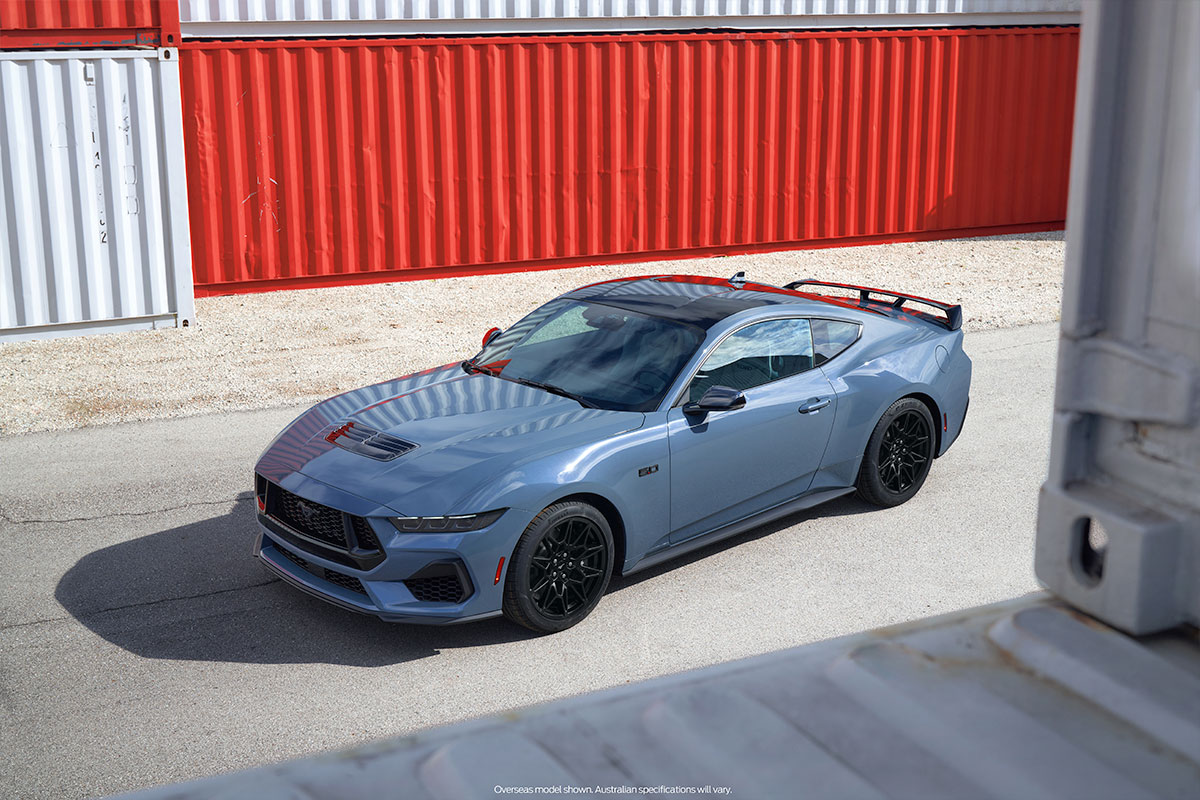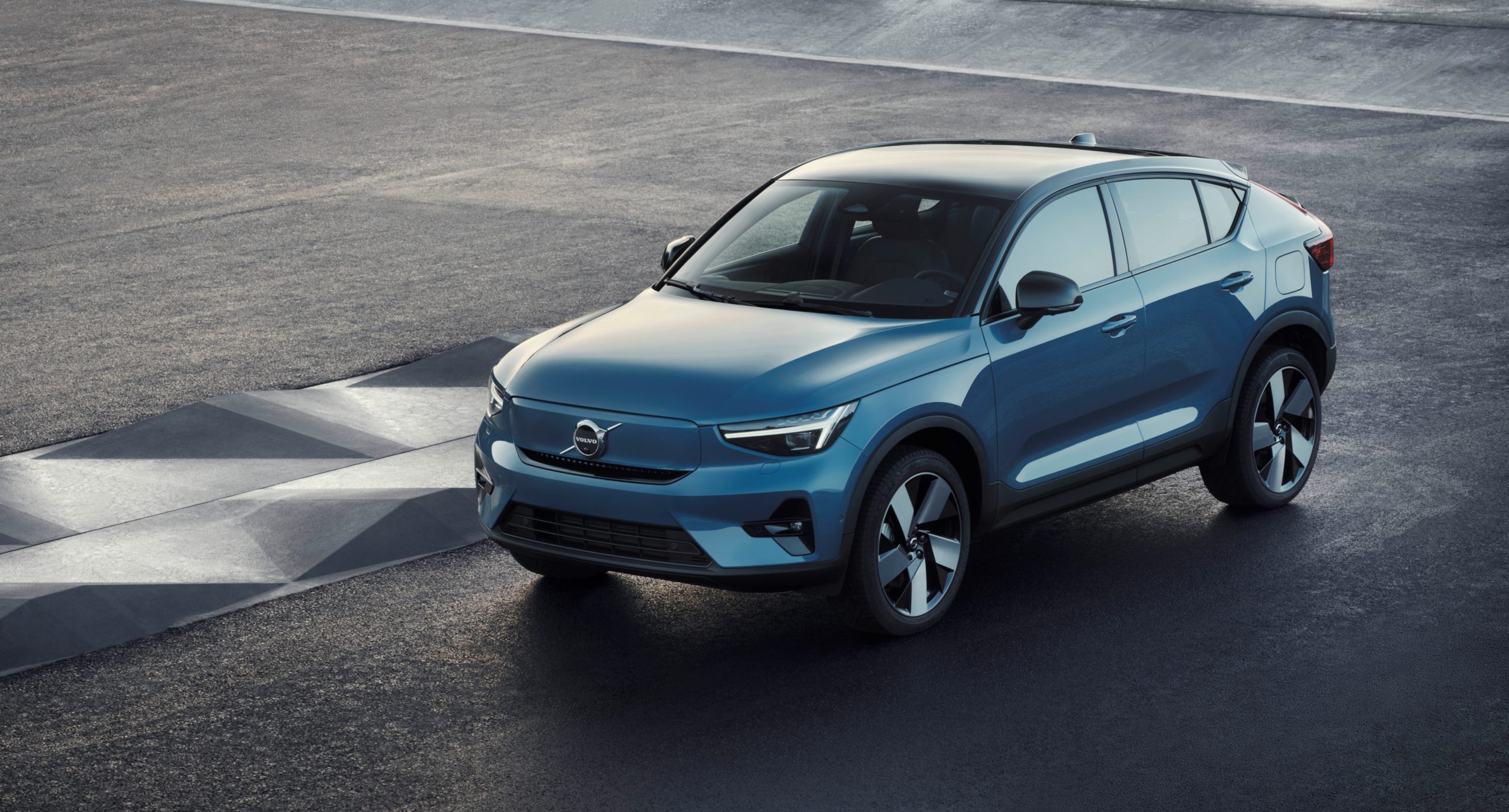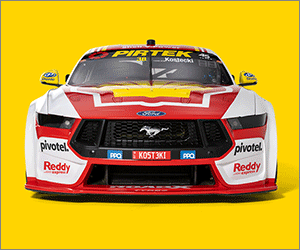
Europe’s love affair with petrol and diesel cars officially ended on Valentine’s Day 2023. Overnight the European Parliament voted on and approved the proposed ban on internal combustion vehicles from 2035.
The law will require car manufacturers to reduce CO2 emissions by 100 per cent by 2035, effectively making all petrol, diesel and even hybrid cars illegal in Europe at that point. However, the vote was not an overwhelming majority, with 340 vote for and 279 against (with 21 members abstaining), which speaks to the split opinions across the European Union about the decisive law which opponents say puts thousands of jobs at risk and comes at a time of record electricity prices.
Even though the law won’t come into force for another 11 years, car makers will need to act quickly because the law also accelerated the gradual decline in emissions. In the shorter term car companies need to reduce fleet emissions by 55 per cent compared to 2021 levels by 2030, which is significantly increased from the previously proposed 31.5 per cent.
The news will effectively force car makers to sell only electric vehicles in Europe by 2035. There are exceptions for low-volume brands though, with those making less than 10,000 cars per year – which includes Lamborghini (9233) but not Ferrari (13,211 sales in ‘22) – will be exempt from those cuts until the end of 2035. Only companies making less than 1000 vehicles per year will be exempt after ‘35.

Many brands have already committed to an all-electric future in Europe though, including Audi, Jaguar, Land Rover, Volvo, Polestar, Bentley, Alfa Romeo, Lotus, Mercedes-Benz and Rolls-Royce.
Dutch politician, Jan Huitema, led the push for the legislation and said it is crucial to accelerating the growth of electric vehicles across Europe.
“I am thrilled that the European Parliament endorsed the trialogue agreement reached on CO2 standards for cars and vans today,” Huitema said.
“This regulation means an ambitious revision of the targets for 2030 and a 100 per cent target for 2035, which is crucial to reach climate neutrality by 2050. These targets create clarity for the car industry and stimulate innovation and investments for car manufacturers.
“In addition, purchasing and driving zero-emission cars will become cheaper for consumers and a second-hand market will emerge more quickly. It makes clean driving accessible to everyone.”
Australia is unlikely to pass a similar law anytime soon, although there are on-going efforts for an emissions reduction target from sectors of the industry.












Discussion about this post